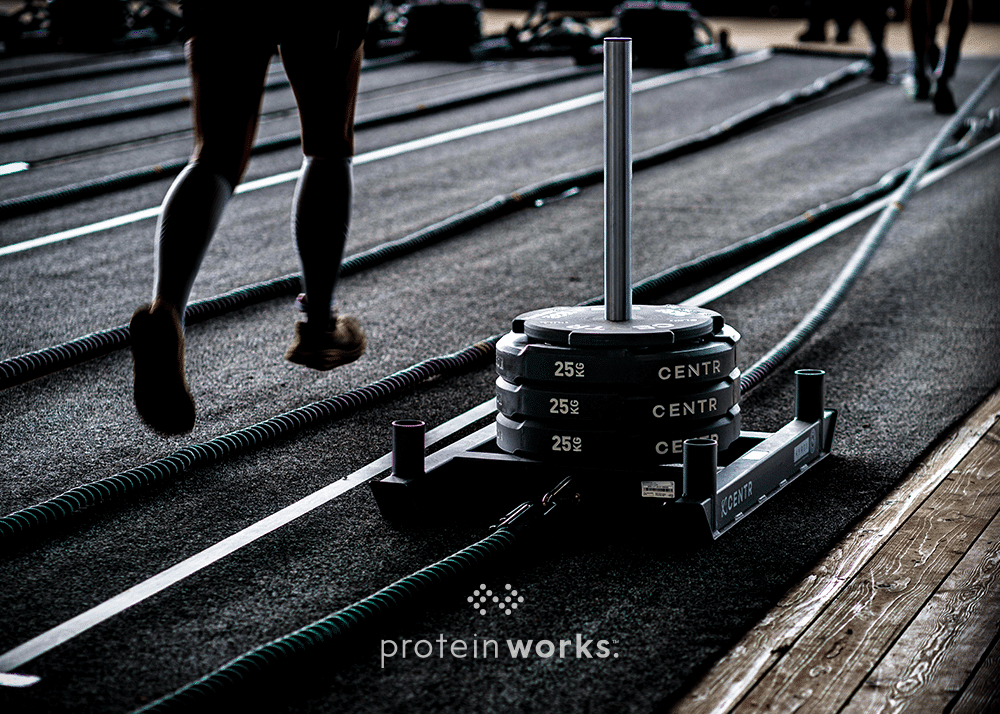
Run Yourself Thin
Running is a fantastic way of losing weight, but recent research shows there may be things you could change in your diet to further increase the amount of fat you lose. Here we explore these new studies and compares it to conventional ‘schools of thought’ to see exactly how you can run yourself thin.
Before a long run it’s almost customary to tuck into a large bowl of carbohydrates to fuel the mini marathon that lay ahead. But recent research published in the Journal of American College Sports Medicine showed that athletes who fasted before training, although performed worse, actually burned a higher proportion of fat to carbohydrates than the people who ate before training. Professor Peter Hespel from the University of Leuven in Belgium believes ‘when you exercise (after fasting), your adrenaline is high and your insulin is low and it’s this ratio that is favourable for your muscles to oxidize break down) more fatty acids.” An idea further supported by exercise and health Professor Ron Maughan of Loughborough University who says “Science is finally catching up with what smart runners have always known. If you have a long, hard run without breakfast once a week, that hard run will train you to burn fat. And for the rest of the week, have plenty of carbohydrates so you can train hard.”
However other experts are against the idea. Dr. Alexis Chiang Colvin, a sports medicine expert at Mount Sinai Hospital in New York says “I think it’s actually a pretty bad idea, if your blood sugar is low, you could wind up getting dizzy and you might not be able to exercise as well as if you were well-nourished.” A valid point, since if you haven’t eaten before a run (specifically carbohydrates,) your muscles will be depleted of muscle glycogen and your legs will find it hard to function. Plus as stated by Theodore B. Van Itallie et al in the Journal of the American Medical Association, this combined with low blood sugar levels has been shown to detrimentally affect athletic performance. Therefore evidently ‘fasted running’ is not for competitive or performance runners since no studies reveal an improved performance when running on an empty stomach. However scientific evidence seems to suggest that for physically fit and healthy recreational runners wanting to lose fat, ‘fasted running’ may greatly help in losing unwanted weight.
Furthermore, perhaps a compromise between the 2 differing schools of thought would be eating foods that have very little impact on your blood sugar levels, therefore avoiding the ‘dizzy spells’ mentioned by Dr. Alexis Chiang Colvin but also keeping insulin levels low as mentioned by Professor Peter Hespel. One of the ideal food choices for this would be any lean source of protein since protein doesn’t tend to increase insulin levels compared to carbohydrates. More specifically a Whey Isolate protein shake would be perfect, since they have been micro-filtered to contain very little carbs (0.2 grams of carbs per 30 gram serving) so would have very little effect on your body’s blood sugar levels. Or if you did want a carbohydrate, be sure to have a very low Glycaemic Index carbohydrate like porridge oats since these won’t cause your blood sugar levels to spike as dramatically as a sugary carbohydrate so may help to maintain the favorable ‘high adrenaline/low insulin ratio’ mentioned by Professor Peter Hespel that is optimal for fat loss.
References:
- Ron J. Maughan, Louise Burke, Edward F. Coyle (2004) ‘Food, Nutrition and Sport Performance’ International Olympic Committee Consensus on Sports Nutrition
- P HespelK De Bock, E. A Richter, A. P Russell , B. O Eijnde, W Derave , M Ramaekers , E Koninckx , B Leger and J Verhaeghe (2005) ‘Exercise in the fasted state facilitates fibre type-specific intramyocellular lipid breakdown and stimulates glycogen resynthesis in humans’
- Ron J Maughan (2005) ‘Role of micronutrients in sport and physical activity’ Department of Biomedical Sciences, University Medical School, Foresterhill, Aberdeen
- Theodore B. Van Itallie, M.D. Leonardo Sinisterra, M.D. Fredrick J. Stare, M.D. (1997) ‘Nutrition and Athletic Performance’ The Journal of the American Medical Association
- Ron J Maughan (2007) ‘The athlete’s diet: nutritional goals and dietary strategies’ Proceedings of the Nutrition Society
- Blixt, G (1965) A Study on the relation between total calories and single nutrients for athletes’ Sociologica et Medica Upsallieusis
- DeMarcon et al (1999) ‘Pre-exercise carbohydrate meals: application of glycemic index’ Medicine & Science in Sports & Exercise: Volume 31 – Issue 1 – pp 164-170
- Asker E. Jeukendrup PhD (2004) ‘Carbohydrate intake during exercise and performance’ Human Performance Laboratory, School of Sport and Exercise Sciences, University of Birmingham, Edgbaston, Birmingham, United Kingdom






No Comments yet!